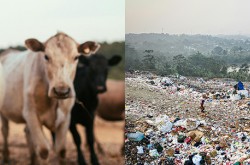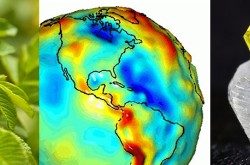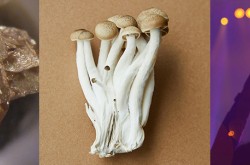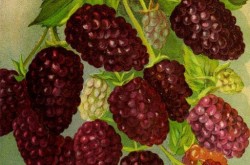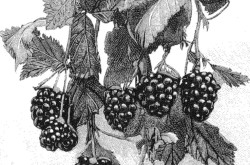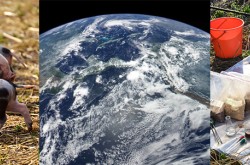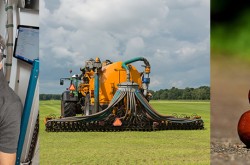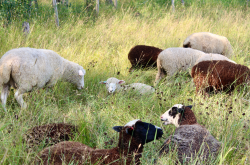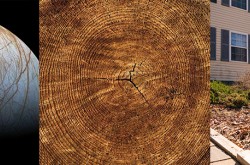Researchers offer up an "a-peeling" solution to plastic wrap
Did you know that Canada processes a whopping 2.86 million tonnes of potatoes a year — into things like frozen French fries, instant mashed potatoes and chips? Unfortunately, all of that processing translates into a lot of potato waste. But recently — at the University of Alberta — a team of innovative researchers found a way to put these potato processing leftovers to good use...by transforming then into a biodegradable plastic! Watch this short, educational video — developed by the Canada Agriculture and Food Museum — to find out how it works.
Transcript
Pssst! Want to know how we can use potatoes to keep food fresher, longer?
By transforming them into a new type of plastic wrap!
In Canada, we process a whopping 2.86 million tonnes of potatoes a year – into things like frozen French fries, instant mashed potatoes, and chips.
But with damaged potatoes, broken pieces, peels and wash-water - potato processing means a whole lot of potato waste to deal with!
Researchers at the University of Alberta found a way to put this potato waste to good use – by transforming it into a biodegradable plastic.
First, they extract starch from the potato waste. Next, they chemically transform the starch molecules and form them into a stretchy, plastic film.
This plastic keeps food fresh—just like regular petroleum-based plastic wrap—but it also allows us to be kinder to the Earth!
The plastic wrap we use today is a large source of pollution. It does not break down easily in the environment, so it piles up in landfills. We can’t recycle it, and it’s made from non-renewable resources.
Because this new plastic wrap is made out of plant starch, it leaves no trace in the environment and we can compost it. Plus, it makes something useful from what used to be garbage!
Thanks to the researchers, this new generation of plastic wrap could soon help us replace a polluting product with one that’s a lot more earth-friendly!
Now that’s what I call a-PEEL-ing!








